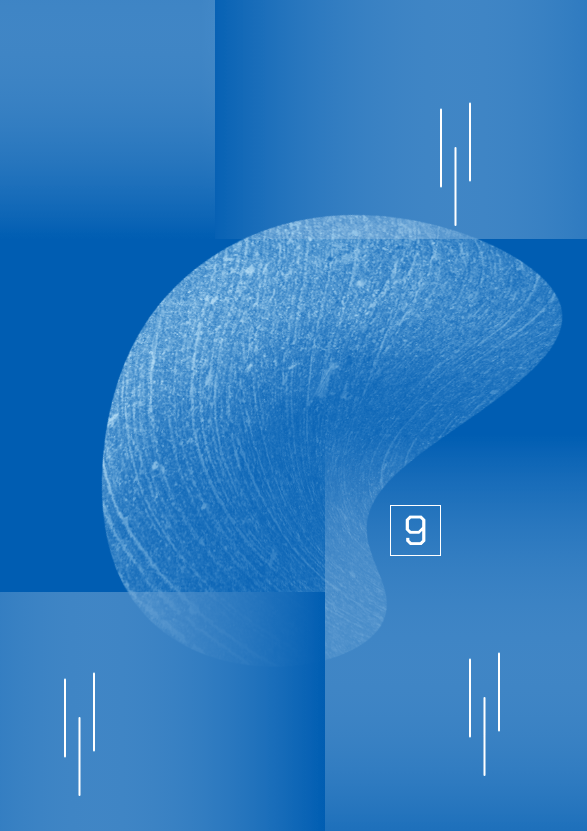

Information literacy and new Impulses – Newsletter #9
Georgia Langton
Hello and welcome to the ninth edition of our Upgrade Democracy News!
It’s crazy how quickly time has passed since our kick-off in April. So far, I’ve only been able to diligently follow the Upgrade Democracy newsletter as a reader: That’s because I myself only started working with the project in July.
My name is Georgia, and I will be working as a Junior Project Manager within UpDem for the next few months. I am very excited to join you in addressing the exciting topic of disinformation and how to combat it in the digital space.
With a bachelor’s degree in media studies, I am very interested in differences in media usage behavior of different generations. For example, when I told my family about my new job, they were all very excited for me. An exciting and, above all, important topic to be working on, they said. Explaining my job to my grandparents was a bit different though: My grandpa, who has never even known how to use the Internet, let alone social media, is mainly interested in the name Bertelsmann. My 81-year-old grandma, however, has been asking about it regularly ever since: Just a few days ago, she called me again. “Disinformation is what you called it, right? I’ll have to make a note of that…my friends always ask”. Obviously, they are also interested in what people work on today, she said.
I was very happy to hear about her interest. It seems that the ability to make clever use of information in the digital space, or to take an interest in it at all, is often lacking within the older generations. A finding that also deserves your attention in a study published a few weeks ago by my colleague Kai titled “Disinformation: Challenges for Democracy – Attitudes and Perceptions in Europe”! The results are significant: Only 44% of Europeans check the accuracy of information they find online. And what’s really interesting is that the willingness to simply do some research or to point out incorrect information to others decreases with age. With the increasing number of older people in our society, that’s quite worrying, isn’t it? You can find the complete study on our website.
How elections turn out is also – at least in Germany – decided by the older generations. On the one hand, that is because the largest group of our eligible voters are people aged 70 and over, and on the other hand, because older people are also more likely to vote. In the context of the EU elections, I had the privilege of moderating the fifth workshop of our series of impulses with the Humboldt Institute (HIIG) – on the topic of “The EU Elections 2024: How to build resilience against disinformation camapigns on social platforms”. The discussions we had with experts once again highlighted the need for a collaborative approach to disinformation. The responsibility lies not only within journalistic and political circles, but also on the operators of digital platforms and, finally, on us engaged citizens – regardless of our age. For more information on the workshop, it’s worth looking at our website, where an impulse paper with these and further discussed thoughts will be published in the next few days. Some other references and reading recommendations are linked for you below.
Of course, it remains important to promote information literacy at all ages. Even children should be exposed at an early age (for that, check out the attached game for a playful approach to the topic – it’s a really cool approach). I do, however, still think that we need more older people with a curiosity for current topics like my grandma has. What about you?
I hope you won’t let the current weather distract you from our exciting topics – whether we have to get out the sunshade, or the umbrella after all, our efforts remain unshakable.
See you next time!
Georgia
The EU Elections 2024: How to build resilience against disinformation campaigns on social platforms
Impulse Workshop
Resulting from the fifth workshop of our series of impulses with the Humboldt Institute (HIIG) – this time on the topic of “The EU Elections 2024: How to build resilience against disinformation camapigns on social platforms” my colleagues Cathleen and Charlotte compiled the main findings of the expert discussion. Read more here:
Reading recommendation: [DE] Forsa survey on information behavior in elections 2023
Many Internet users report being confronted with politically motivated disinformation at least occasionally (54%) and believe it has the potential to endanger democracy (85%). This is the result of a new Medienanstalt NRW and forsa survey on information behavior in elections. to the Survey (medienanstalt-nrw.de/fileadmin/user_upload/NeueWebsite_0120/Themen/Hass/forsa_LFMNRW_Hassrede2023_Praesentation.pdf)
Reading recommendation: Public comment: How Germany’s draft DSA implementation law can be improved
Find out how the draft German Digital Services Act can be made even more targeted to further strengthen Germany’s digital landscape in the statement from the New Responsibility Foundation here to the position statement (Public comment: How Germany’s draft DSA implementation law can be improved | Stiftung Neue Verantwortung (SNV) (stiftung-nv.de)
Reading recommendation: ‘An evolution in propaganda’: a digital expert on AI influence in elections
AI’s Role in US Elections: The Guardian Explores Impact and Implications in a Conversation with Renée DiResta, technical research manager at the Stanford Internet Observatory. Read more here to the Interview (‘An evolution in propaganda’: a digital expert on AI influence in elections | US politics | The Guardian)
Save the Date: DisinfoCon, 12. September 2023, Berlin & Online
In cooperation with the German Foreign Office, Democracy Reporting International invites you to its DisinfoCon. The forum serves as a meeting and exchange between civil society, policy makers, journalists and AI experts. to the Event (SAVE THE DATE | DisinfoCon, 12 September 2023, Berlin & Online | Democracy Reporting International (democracy-reporting.org)
Game: Be Internet Awesome – A playful approach to disinformation for children
To ensure Internet usage is effective and safe, children need to be prepared to make smart choices when in digital spaces. The free, web-based game developed by Google teaches children the basics of digital citizenship and safety in a fun way, so they can explore the online world with confidence. to the Game (Be Internet Awesome – A Program to Teach Kids Online Safety)




